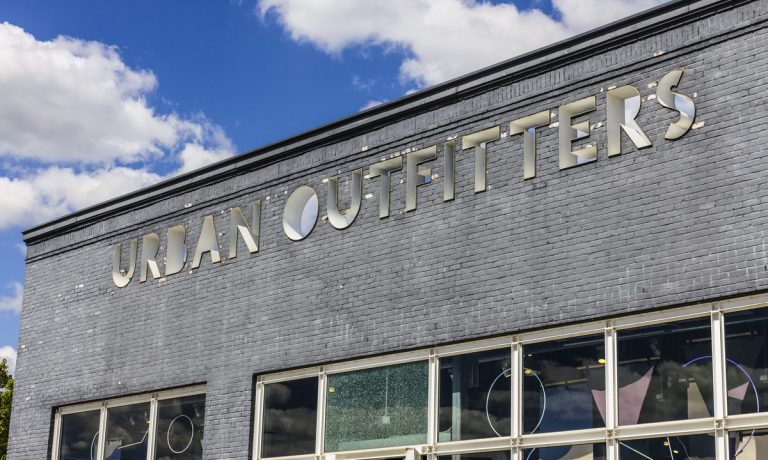Nuuly Turns First Profit Via Diverse Assortment and Logistical Advantages

Urban Outfitters’ clothing rental service, Nuuly, has turned its first profit.
The achievement of this milestone comes as a result of a growing subscriber base and an 86% increase in revenue, CNBC reported Tuesday (Nov. 21).
Nuuly’s success in achieving profitability before its competitor, Rent the Runway, highlights the brand’s ability to navigate the challenges of the clothing rental industry and meet the demands of younger consumers, according to the report.
Since its launch in 2019, Nuuly has been focused on building a profitable clothing rental business, the report said. The company’s fiscal third quarter, which ended on Oct. 31, saw it report an operating profit of $300,000, an improvement compared to the year-ago period when it had an operating loss of $3 million. This achievement marks the first time Nuuly has earned money since its inception.
The brand’s rise as a popular clothing rental service among Gen Z and millennial consumers has contributed to its profitability, per the report. The brand’s active subscriber count reached 198,000 during the quarter, surpassing Rent the Runway’s subscriber count of 137,566 as of July 31.
Nuuly’s strategy of offering a wide-ranging assortment of clothing for various occasions has been instrumental in its growth, according to the report. Initially focusing on casual wear for everyday use, the brand has expanded its offerings to include both casual and formal options. By providing a diverse assortment of clothing, Nuuly has been able to meet the needs of its subscribers, whether they require office attire, loungewear or outfits for special events.
The brand’s affiliation with Urban Outfitters has provided it with logistical advantages that have contributed to its profitability, the report said. The larger Urban business supplies many of the clothes available for rent, reducing costs for Nuuly. This partnership allows Nuuly to operate more efficiently.
At the time of its launch, Nuuly aimed to use its distinctive brands — Anthropologie, Free People and Urban Outfitters — to carve a place for itself in a crowded “fashion for rent” subscription market.
For parent company Urban Outfitters, the launch of this offering also provided a new way to reach a young and hip audience that has gravitated away from the brick-and-mortar experience.